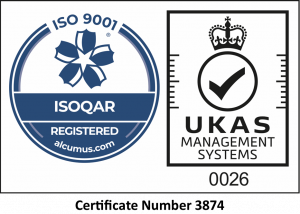In this blog we’re going to take a look at a specialist food industry part that we recently machined. What plastic has been used to machine the components and investigate why you may choose to mill certain plastic parts instead of using a plastic injection moulding method with a die cast.
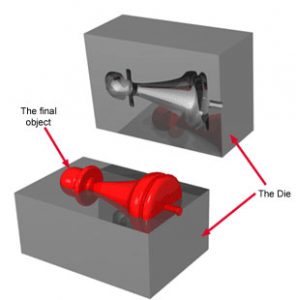
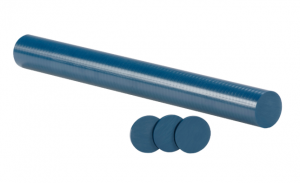
The Outer Moulding Drum has been manufactured in food grade Nylon 6. Food grade Nylon 6 contains a metal detectable additive and has been specifically tailored for use in the food processing and packaging industries where it can easily be traced by the conventional metal detection systems installed to detect contamination of the foodstuffs. It presents good mechanical strength, stiffness, impact strength and wear resistance.
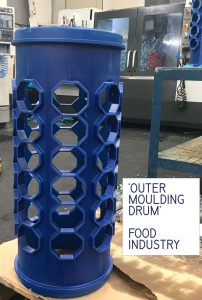
The moulding and shaping process in the food industry is extremely important for the appearance of the final product. Shape and structure are quality definers, and moulders are used in conjunction with a drum sheeting principle in order to get the desired consistent shape and quality.
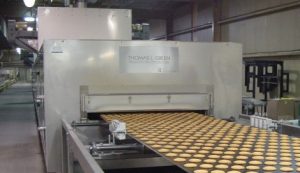
Machining Plastics
One of the main attributes of plastic materials is the ability to be moulded into a finished component with no need for subsequent work to be carried out. Complex shapes, holes and features can be moulded into the component using tooling and moulding techniques, this does however come at a high initial tooling cost.
Moulding and forming equipment used in the various plastic moulding processes are invariably hand made one off creations, that can often take weeks and months to manufacture. Where a plastics component is specified and the numbers to be used are not large, then machining the component becomes more economical.
Why do Bronte machine this part?
Bronte Precision Engineering machine the ‘Outer Moulding Drum’ as the components design can change due to it’s use in the artisan sector of the food industry. Our solution was to source a food grade plastic cylinder then engineer the customer specified form using one of our Haas CNC Milling Machines. Machining the plastic was a more cost effective solution for the customer due to their low volume variable parts.
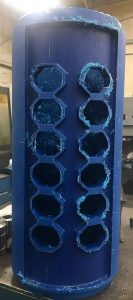
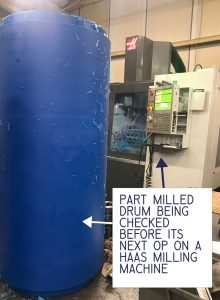
5 Benefits of machining plastic
- No expensive upfront tooling costs
- Ability to manufacture plastic components with short lead times
- Ability to manufacture low volumes economically
- Thicker wall sections can be accommodated
- Swarf can be recycled
Although most of the components we engineer at Bronte Precision are made from steel we’d like to make our current and future customers aware of our plastic machining capabilities. As a sub-contract manufacturer with a niche in the machining of large-sized and complex components. Everything we produce is bespoke to our customer needs and we can work with your technical drawing to engineer solutions, no matter the industry. We’ll take care of the whole process including material sourcing and finishing. We aim to provide the most accurate lead times and can quote on worldwide shipping or prepare your order ready for collection by your own courier.
If you’d like to discuss your requirements with us please contact us either by email at mail@bpel.co.uk or call us on +44 (0) 1274 698 900.
If you enjoyed this blog don’t forget to follow us on social media to receive blog notifications, #brontesbest images and videos and all other Bronte news updates.






